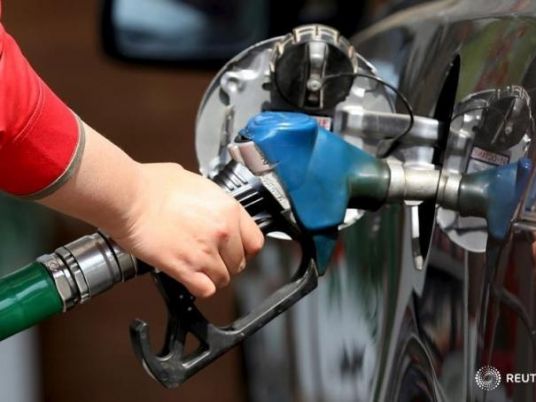Egypt is holding off on reform of its costly state energy subsidy regime until it completes more studies and holds a "social dialogue" on the issue, the country's oil minister told Reuters.
Reducing state expenditures by targeting subsidies geared more towards the needy is seen as vital for Egypt to secure a US$4.8 billion loan from the International Monetary Fund to plug an unmanageable budget deficit.
In an interview, Petroleum Minister Osama Kamal said Egypt would have a major economic problem until the subsidies bill, which represent about a quarter of state spending, is cut.
"Every day we delay restructuring subsidies bleeds state resources," said Kamal, though he declined to give a timeframe for the reform, saying the government needed to "complete all studies and conduct a social dialogue."
Cutting the budget deficit is a crucial component of Egypt's negotiations with the IMF, which began well over a year ago as the country's economy slid towards a crisis following the overthrow of Hosni Mubarak.
A new president with a popular mandate took office in June, ending more than a year of interim army rule, and his government redoubled efforts to seal an IMF accord, assuaging investors' worst fears of a fiscal and balance of payments crisis.
Economists say any delay to tackling Egypt's wide budget and trade deficits could jeopardize IMF support and trigger renewed pressure on the Egyptian pound.
Prime Minister Hesham Qandil told Reuters on 9 September he saw an IMF deal within two months and that Egypt would introduce rationing for subsidized butane cooking gas by mid-October.
But an IMF delegation failed to arrive by the end of last month as planned and Egypt's finance minister said its next visit would not take place before the second half of October.
Meanwhile the government's plans for the fuel subsidy reform are shifting week by week.
The country is planning for parliamentary elections in coming months and the subsidy measures could increase living costs for a large swathe of the population that is neither poor nor wealthy. The new government came to office promising better times for Egyptians following Mubarak's three decades in power.
Minister Kamal said an initial idea to issue printed coupons to citizens in need of cheaper fuel had been discarded because they could be forged, sold or lost.
Instead, he said, smart cards also used for rationing food staples would be broadened to handle distribution of subsidized petroleum products.
"We will depend on the smart cards in distributing butane gas cylinders and petroleum products such as diesel and 80-octane, 90-octane and 92-octane gasoline," he said.
Kamal said he expected the government to announce the results of its latest oil and gas exploration licensing round within "a few days" after receiving 25 bids from companies from China and elsewhere in Asia.




